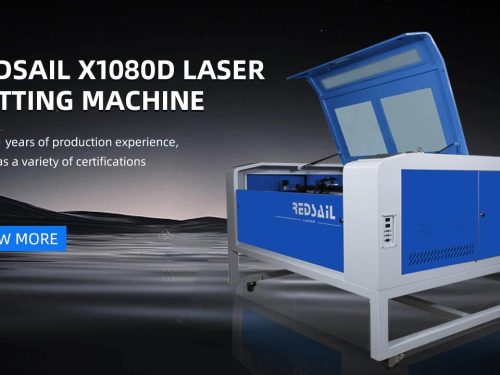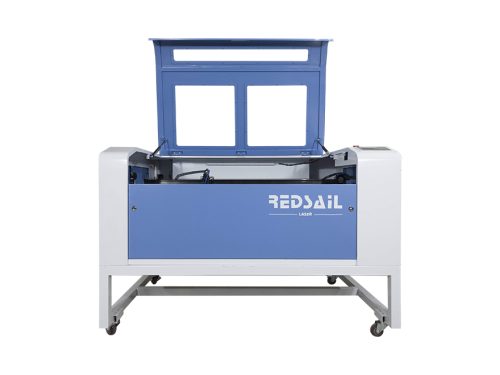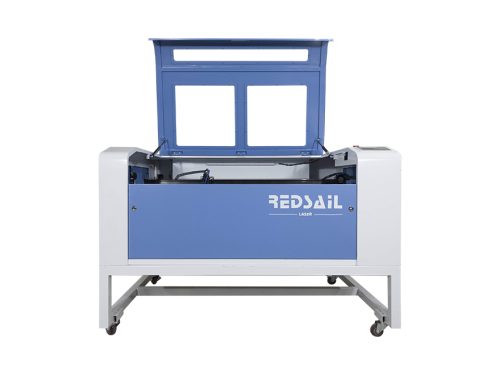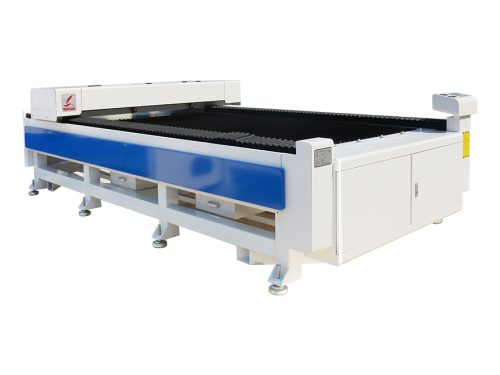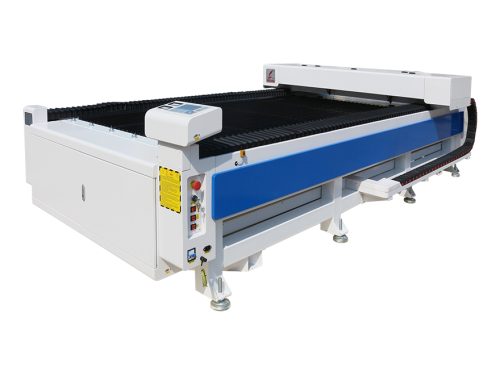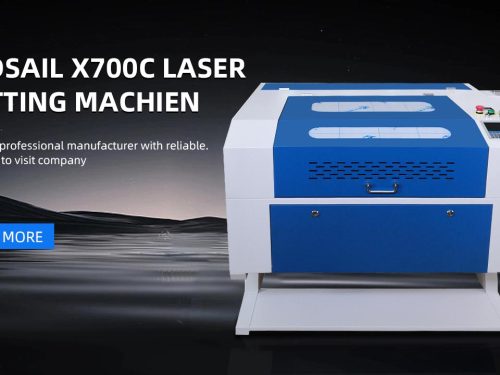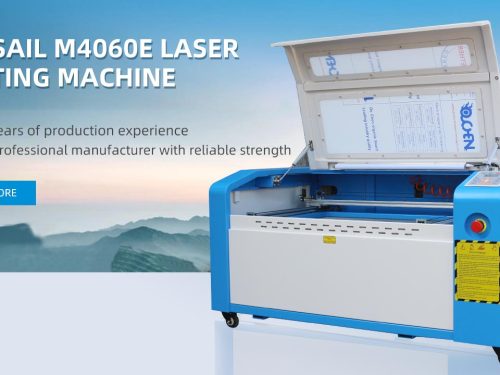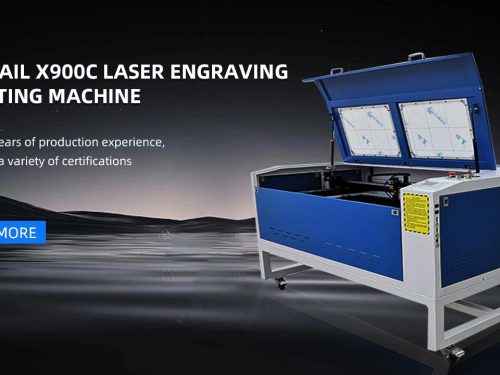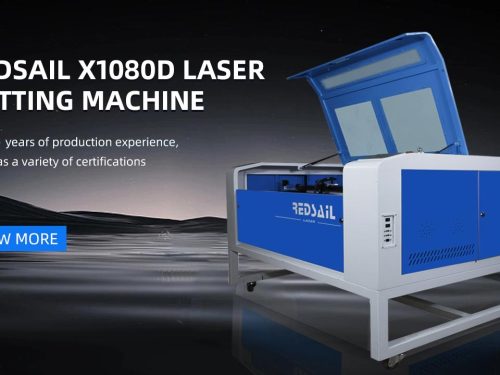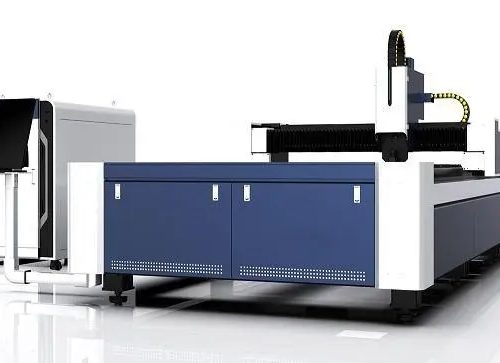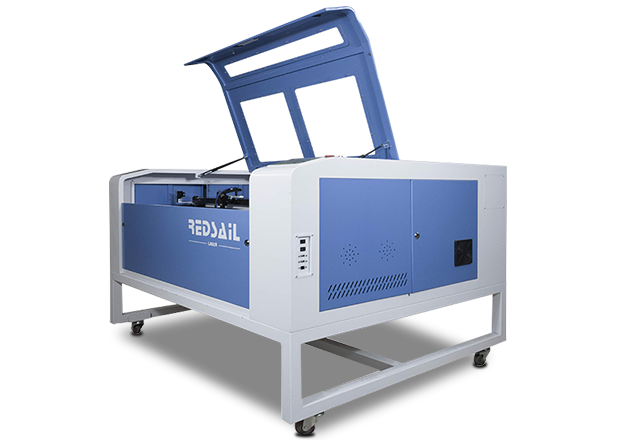
CO2 lasers have become a popular choice for metal cutting in various industries due to their high precision and efficiency. These lasers utilize carbon dioxide gas as the lasing medium and produce a focused beam of light that can cut through metal with incredible accuracy. As technology continues to advance, CO2 lasers are becoming an essential tool for manufacturers and metalworkers.
How Do CO2 Lasers Work?
CO2 lasers work by exciting carbon dioxide gas with an electrical discharge to produce a beam of infrared light. This light is then directed through a series of mirrors and lenses to focus it into a precise and powerful cutting tool. When the beam makes contact with the metal, it heats and vaporizes the material, creating a clean and precise cut. The high energy and accuracy of CO2 lasers make them ideal for cutting a wide range of metals, including steel, aluminum, and titanium.
The Benefits of CO2 Lasers for Metal Cutting
There are several benefits to using CO2 lasers for metal cutting. First and foremost, these lasers offer unmatched precision, allowing for intricate and detailed cuts that are difficult to achieve with traditional methods. Additionally, CO2 lasers produce minimal heat-affected zones, reducing the risk of warping or distortion in the metal. They also provide a high degree of control and automation, making them an efficient and cost-effective option for manufacturers.
FAQs
What types of metal can be cut with CO2 lasers?
CO2 lasers are capable of cutting a wide range of metals, including steel, aluminum, titanium, and copper. They can also be used to cut other materials, such as plastics and ceramics.
Are CO2 lasers safe to use?
When used properly, CO2 lasers are safe to use. It is important to follow all safety guidelines and procedures to minimize the risk of accidents or injuries.
Can CO2 lasers be used for other applications besides metal cutting?
Yes, CO2 lasers have a variety of other applications, including engraving, marking, and welding. They are also used in medical and cosmetic procedures, such as skin resurfacing and hair removal.
What are the limitations of CO2 lasers for metal cutting?
While CO2 lasers are highly effective for many metal cutting applications, they may not be suitable for cutting certain reflective or highly conductive materials. Additionally, the thickness of the metal that can be cut with a CO2 laser may be limited depending on the power and capabilities of the specific laser system.
In conclusion, CO2 lasers are a powerful and versatile tool for metal cutting. With their high precision, efficiency, and range of applications, these lasers are revolutionizing the way manufacturers and metalworkers approach cutting and shaping metal materials.

